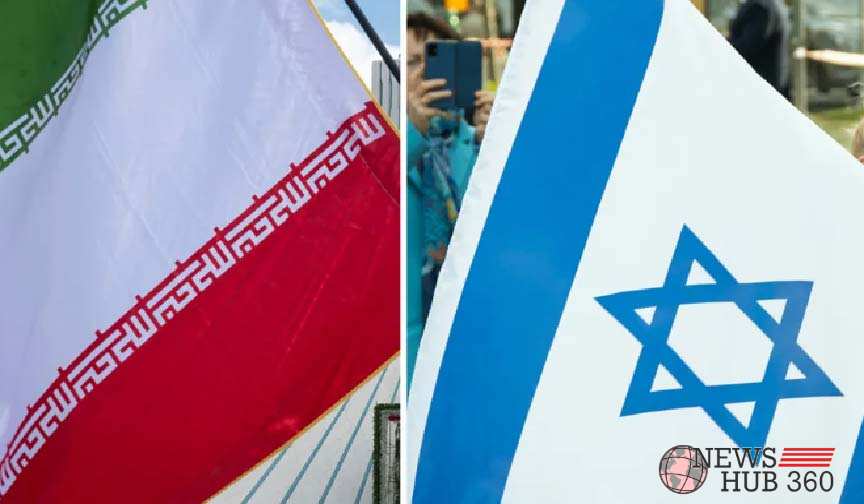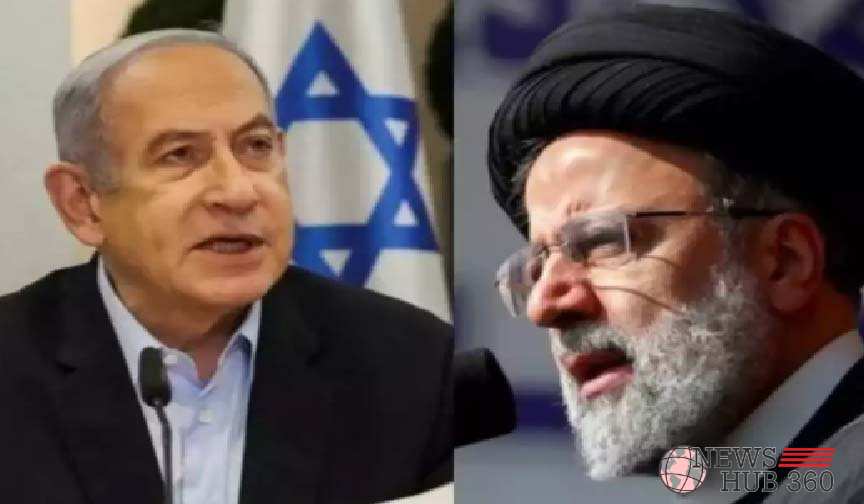Introduction
The relationship between Iran and Israel is one of the most complex and tense in the modern world. From political confrontations to military escalations, this dynamic constantly makes headlines. Why does this rivalry persist, and what does it mean for the rest of the world? Let’s dive into the latest Iran-Israel news and unpack the story behind the headlines.
Professional Bio Table
| Category | Iran | Israel |
|---|---|---|
| Political System | Islamic Republic | Parliamentary Democracy |
| Capital | Tehran | Jerusalem |
| Population | ~88 million | ~9.4 million |
| Primary Language | Persian (Farsi) | Hebrew |
| Key Ally | Russia | United States |
| Religion | Predominantly Shia Islam | Predominantly Judaism |
| Military Strength | Ranked among the top in the Middle East | One of the most advanced globally |
| Nuclear Status | Alleged program under scrutiny | Declared undeclared nuclear arsenal |
| Economic Focus | Oil and Gas | Technology and Innovation |
| Tensions With | U.S., Israel | Iran, Hezbollah, Hamas |
Historical Context: The Roots of the Rivalry
Why did the conflict start?
The Iran-Israel rivalry traces back to the 1979 Iranian Revolution. Before this, Iran and Israel enjoyed relatively good relations. However, the overthrow of the Shah and the rise of an Islamic regime shifted Iran’s stance dramatically. Anti-Israel rhetoric became a cornerstone of Iranian foreign policy, with leaders often calling for the “elimination” of the Jewish state.
The Regional Power Struggle
At its core, this conflict is about power and influence. Both countries aspire to shape the Middle East in their image, leading to proxy battles in places like Syria, Lebanon, and Gaza.
Key Issues in Iran-Israel News
1. Nuclear Ambitions
One of the most pressing concerns is Iran’s nuclear program. While Iran insists its program is for peaceful purposes, Israel sees it as a direct threat. This fear has led to military actions, including cyber-attacks like Stuxnet and even alleged assassinations of Iranian nuclear scientists.
2. Proxy Wars
Iran and Israel rarely confront each other directly but instead support opposing factions in regional conflicts. Iran backs groups like Hezbollah in Lebanon and Hamas in Gaza, both of which oppose Israel. In contrast, Israel focuses on countering these threats through intelligence and targeted strikes.
3. Economic and Cyber Warfare
Beyond the battlefield, both nations engage in economic sanctions and cyber warfare. Israel has accused Iran of targeting its infrastructure, while Iran points fingers at Israel for sabotaging its nuclear facilities.
Recent Developments in Iran-Israel Relations

1. Increased Military Operations
In recent months, Israel has intensified airstrikes in Syria, targeting Iranian military assets. Meanwhile, Iran continues to supply advanced weaponry to its allies, raising tensions further.
2. Diplomatic Efforts
Despite the hostility, diplomatic channels occasionally open. For instance, some international mediators, including European nations, have attempted to ease tensions. However, these efforts often stall due to mutual distrust.
3. Impact of the Abraham Accords
The U.S.-brokered Abraham Accords have shifted the regional balance. With Israel normalizing relations with several Arab nations, Iran feels increasingly isolated, adding fuel to the rivalry.
Impact on Global Politics
Why does this conflict matter globally?
The Iran-Israel conflict has far-reaching implications. It affects global oil markets, influences U.S. foreign policy, and contributes to instability in an already volatile region. Moreover, any escalation could draw in major powers like the U.S., Russia, and China.
The Role of the United Nations
The UN has often tried to mediate, but with limited success. Resolutions are frequently vetoed, and both sides accuse each other of violating international law.
The Human Cost of the Conflict
While the political and military dimensions dominate headlines, it’s essential not to overlook the human impact. Civilians on both sides live under constant threat. In Israel, citizens face rocket attacks, while in Iran, economic sanctions impact daily life.
Future Prospects: Can Peace Be Achieved?
Is there hope for peace?
The path to peace is fraught with challenges. Both nations would need to make significant concessions, and external mediators would have to build trust between them. While unlikely in the short term, history has shown that even the most entrenched conflicts can find resolution.
FAQs
1. What is the primary cause of the Iran-Israel conflict?
The conflict stems from ideological differences, regional power struggles, and historical grievances, particularly after Iran’s 1979 Islamic Revolution.
2. How does the U.S. factor into Iran-Israel tensions?
The U.S. is a key ally of Israel and often supports its military and diplomatic efforts, while imposing sanctions on Iran, adding another layer to the conflict.
3. What are the implications of Iran’s nuclear program?
Iran’s nuclear ambitions are a central issue, with concerns about potential weaponization leading to international tensions and sanctions.
4. How have proxy wars influenced Iran-Israel relations?
Proxy wars in Syria, Lebanon, and Gaza allow both nations to confront each other indirectly, exacerbating their rivalry.
5. Can the international community help resolve the conflict?
Mediation efforts by the UN and other international bodies have been attempted but often face obstacles due to deep-seated mistrust and differing national interests.
Conclusion
The Iran-Israel news cycle reflects a broader, deeply rooted conflict with significant global implications. While peace may seem distant, understanding the nuances of this rivalry is crucial for anyone following Middle Eastern geopolitics.
MORE VISIT, Newshub360


